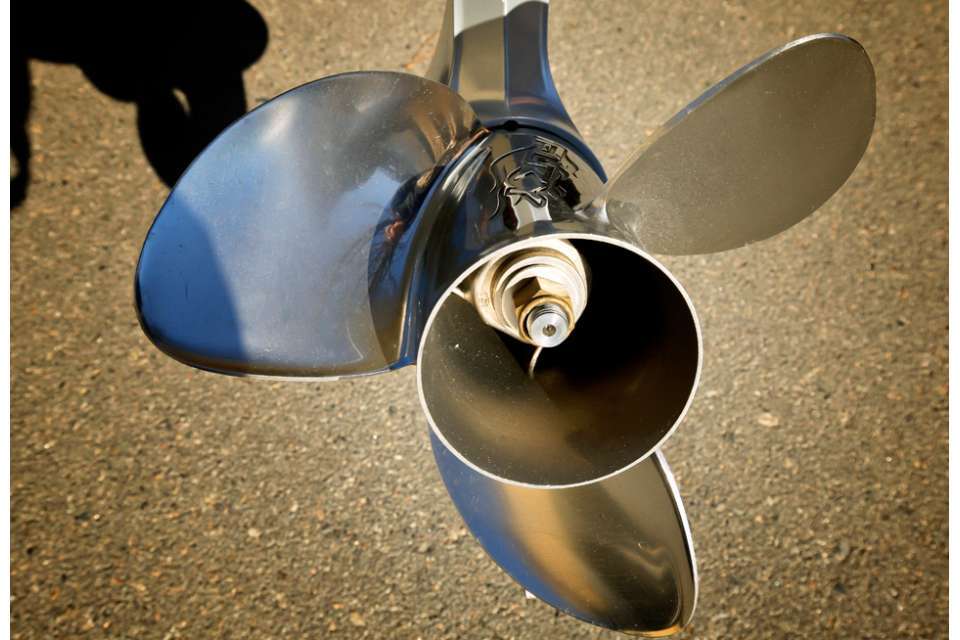
We’re deep into the fishing season, and fall is around the corner.
If you’re a boat owner and things have gone well with your equipment this year, it’s easy to assume the old adage, “If it ain’t broke, don’t fix it.”
That’s true, but don’t overlook routine checks and simple maintenance during the season. It’s best to catch potential problems before they escalate.
It doesn’t matter whether you’re a touring pro or occasional angler, some things need to be monitored throughout the season.
Here’s a list of procedures every angler should consider to help keep fishing days trouble free.
Trolling motor prop: Your trolling motor can pick up line underwater without you knowing it. That line can wrap behind and under the prop causing unforeseen problems, including breaking a seal that allows water to enter the housing. If that happens, you have big problems.
So, take the time every couple of weeks to remove the prop and inspect for line that may have become wrapped and bound on the shaft.
Motor mounting bolts: Those long boat rides in rough water can be brutal on the outboard motor attaching bolts, both from transom to jack plate and jack plate to outboard. When the Elites fished up north where we encountered a lot of rough water, I periodically checked the motor bolts for tightness. They can become loose, especially if you fish several days a year.
Tire pressure: Walk around and examine your tires carefully. It wouldn’t hurt to check them periodically with a tire gauge. A low tire will cause it to wear unevenly or break down a sidewall.
Grease your hubs: Many of the modern bass boat trailers have self-lubricating hubs and don’t need to be greased. Those without self-lubricating need to be removed, packed and the bearings inspected at least once a year.
Regardless of what kind of hubs you have, it’s wise to inspect them periodically to see if any grease or oil has worked out. When I travel long distance and stop for gas or food, I place my hand on or near the hub to check for excessive heat which could indicate a problem.
Bilge pumps: Most anglers know when their livewells are working properly because they use them often. However, you don’t want to wait until you need bilge pumps to find out they aren’t working. Don’t just test by listening to hear if they are running; feed them water and make sure they are pumping.
Brake fluid: If your boat trailer has brakes, check the fluid level and make sure you’re full. Most trailers have a screw-off cap on top of the tongue near the front edge. If it’s bone dry, you may have a broken brake line.
Lower unit grease: A lot of anglers replace the lower unit grease once a year in the fall. I actually change mine three or four times of year because of the usage. It’s worth the time and expense when compared to having to replace the lower unit.
Lights: When leaving the garage, make sure your trailer lights are working and you have solid connection.
Your boat navigation lights should be checked periodically as well. You could have a bad connection or burned out bulb.
Steering: Examine your steering assembly at the motor and make sure there isn’t extensive play. If you have hydraulic steering, it’s wise to have an expert inspect it to make sure it has fluid and is functioning properly.
None of these steps take much time, but they could prevent you from breaking down when the bass are biting or from being stuck alongside a country road in the middle of darkness.





